Are level 1 chargers bad for my EV battery?
While it’s true that Level 1 chargers deliver slower charging speeds compared to higher-level options, studies have shown minimal negative effects on battery life when used appropriately.
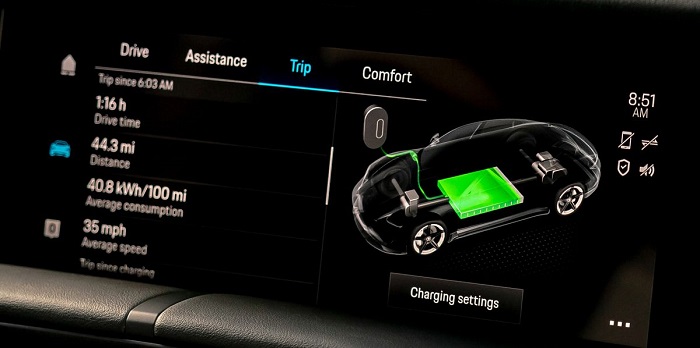
While it’s true that Level 1 chargers deliver slower charging speeds compared to higher-level options, studies have shown minimal negative effects on battery life when used appropriately.
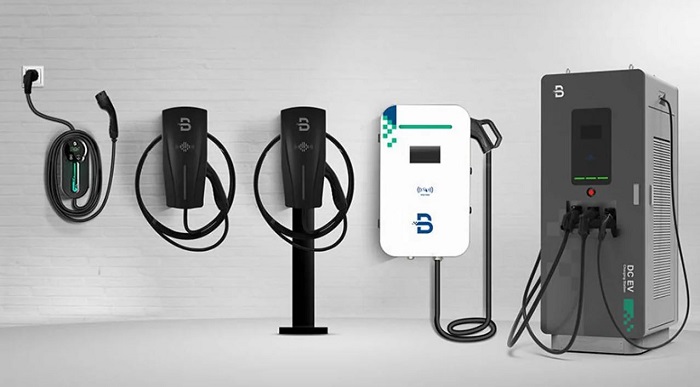
Understanding the different levels of EV chargers is crucial for both EV owners and those considering making the switch. This guide will provide a comprehensive overview of Level 1, Level 2, and Level 3 chargers, highlighting their key differences and defining their respective roles in the EV charging ecosystem.
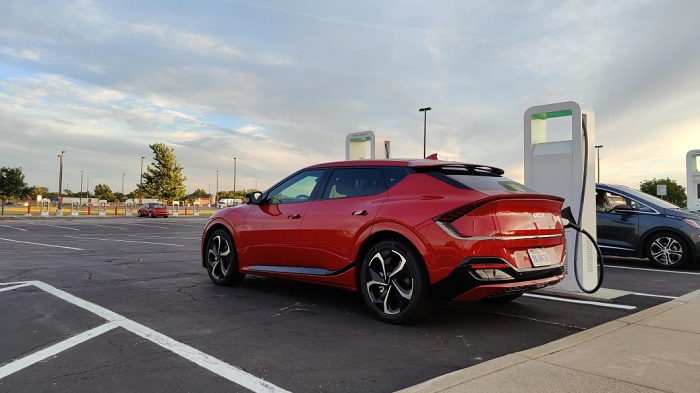
The Kia EV6 comes with a standard J1772 charging cable that you can use to charge your car at home using a Level 1 charger. A Level 1 charger is simply a plug that connects your car to a standard 120-volt household outlet. It will provide a slow but steady charge to your car’s battery.
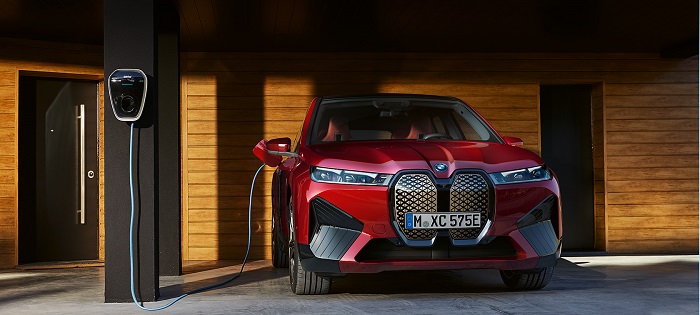
The BMW Level 1 charger is a portable and convenient charging solution ideal for everyday use. This 120-volt charger plugs into any standard household outlet, providing up to 5 miles of range per hour of charging.
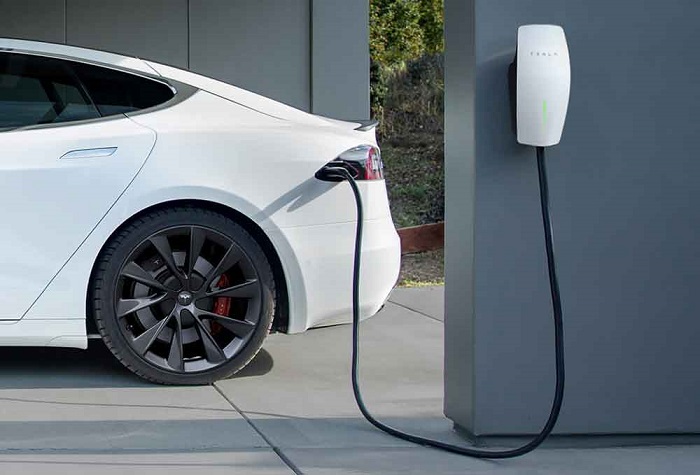
Level 1 electric car chargers are the most basic type of charger, utilizing a standard 120-volt household outlet. Level 1 chargers typically add about 3-5 miles of range per hour of charging, making them suitable for overnight charging or topping off the battery.
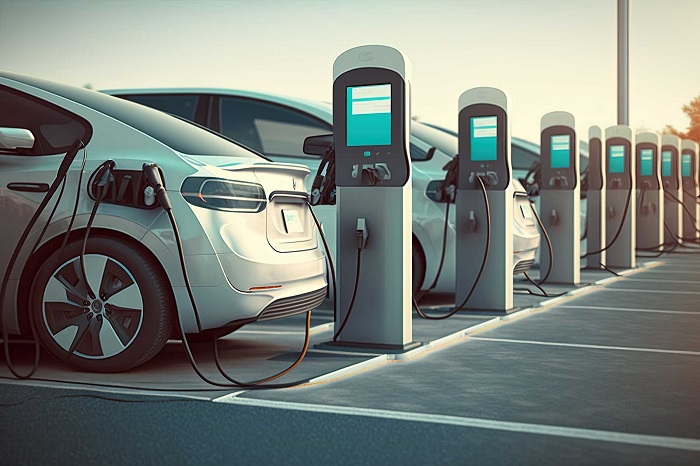
There is an increasing need for effective and practical charging solutions as electric vehicles (EVs) become more popular.
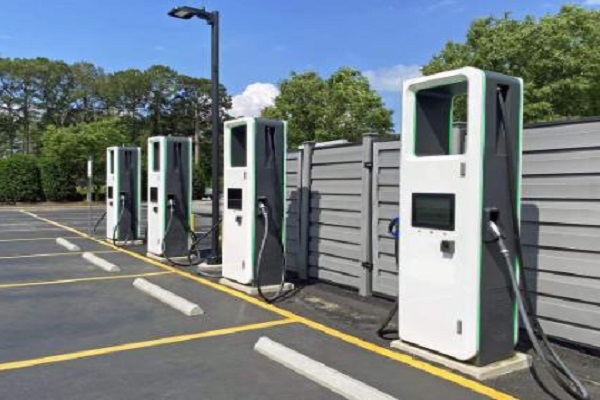
Level 3 EV charging, also known as DC fast charging, is the pinnacle of electric vehicle (EV) charging technology, offering unparalleled speed…
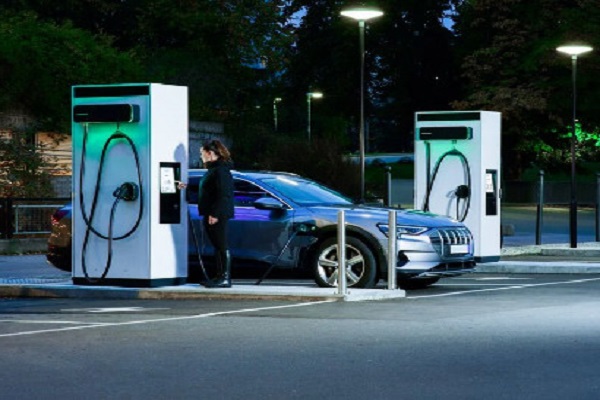
Level 3 Electric Car Charging Stations, also known as DC fast chargers, are the kingpins of rapid electric vehicle (EV) charging. Let’s…